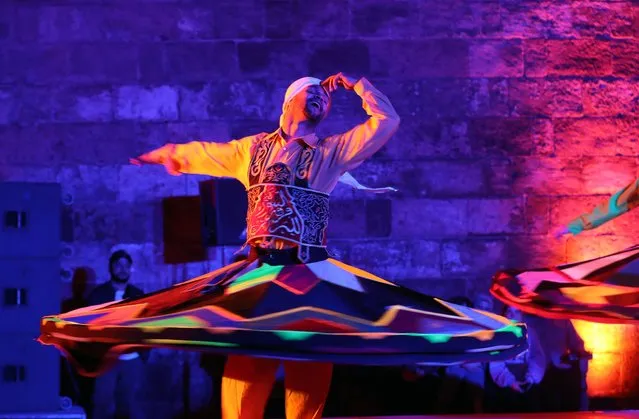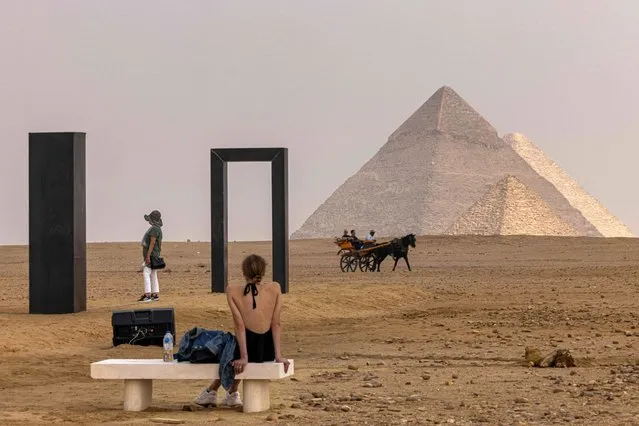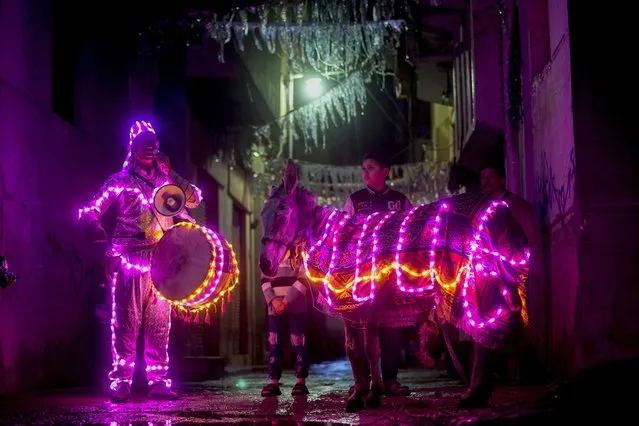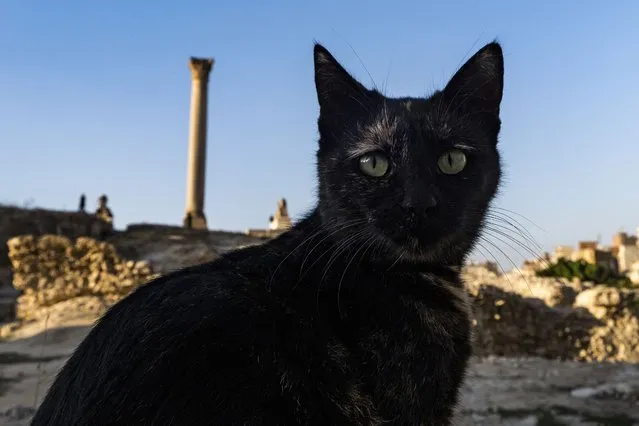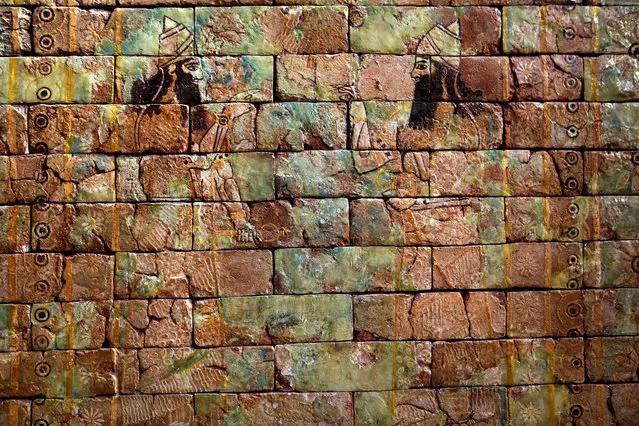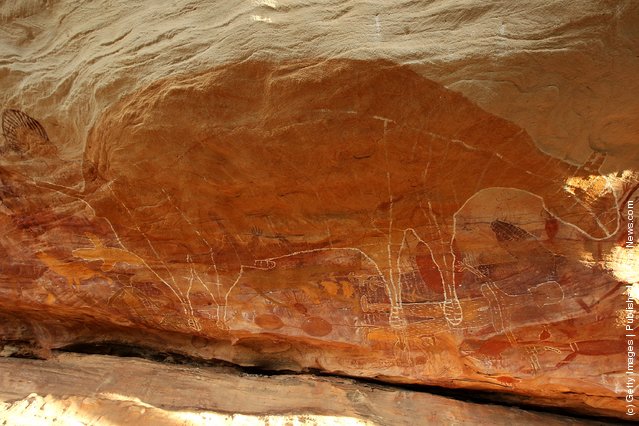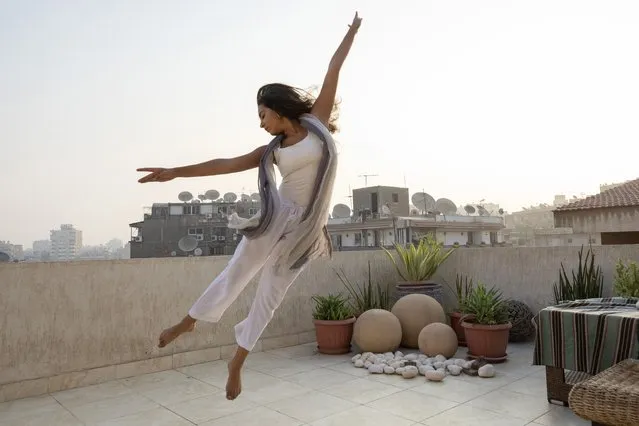
Egyptian 26-year-old dancer Nadine El Gharib, dances on the rooftop of her home in Cairo, Egypt, Monday, September 27, 2021. “Dance was crucial when COVID-19 started in terms of taking care of my well-being”, Gharib said. “When restrictions forced us to stop going to the Opera for classes I started online dance and it introduced me to a new world of dance. It was very inspiring”. (Photo by Nariman El-Mofty/AP Photo)
03 Nov 2021 08:33:00,post received
0 comments

